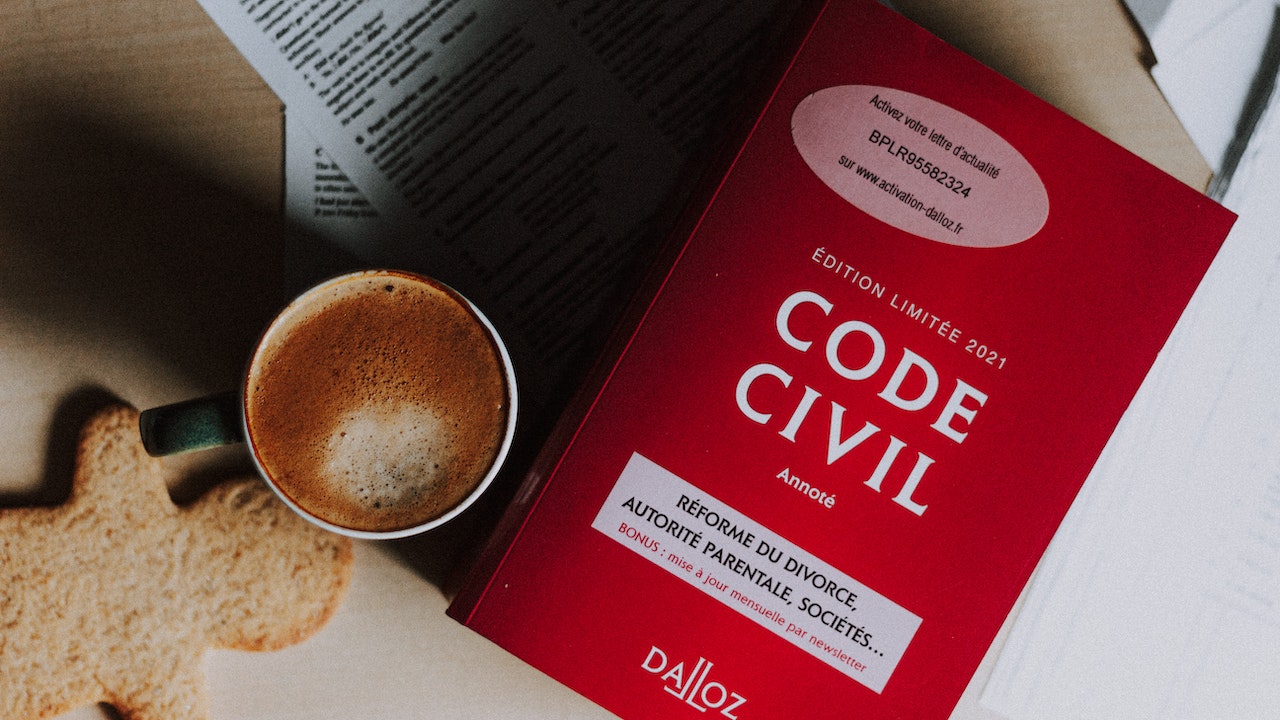In today’s society, the topic of same-sex marriage has become a polarizing and contentious issue. As countries around the world grapple with the question of whether to legalize same-sex unions, one potential solution often suggested is the use of referendums. These public votes allow citizens to directly voice their opinions and decide the fate of same-sex marriage within their respective countries. But are referendums really the best way to handle such a sensitive and deeply personal issue?
Contents
Pros of Same-Sex Marriage Referendums
Referendums on same-sex marriage have several potential benefits. First and foremost, they allow for a democratic process, giving all citizens an equal say in the decision-making process. This can be seen as a positive step towards inclusivity and fairness, as it allows the public to directly participate in shaping laws that directly impact their lives. Additionally, referendums can be seen as a way to gauge public opinion on the issue, providing valuable insights into the beliefs and values of the population.
Another advantage of same-sex marriage referendums is that they can promote social progress. By allowing the public to vote on same-sex marriage, it creates an opportunity for education and awareness. Public debates and discussions surrounding the issue can lead to increased understanding and empathy, potentially changing societal attitudes towards LGBTQ+ rights. In this way, referendums can be seen as a catalyst for positive social change, opening up conversations and challenging deeply ingrained prejudices.
However, it is important to note that referendums are not without their drawbacks.
Cons of Same-Sex Marriage Referendums
One of the main criticisms of same-sex marriage referendums is their potential to infringe upon the rights of minority groups. By subjecting the rights of the LGBTQ+ community to a popular vote, there is a risk of putting their fundamental human rights up for debate. When basic human rights become a matter of majority opinion, there is a danger of marginalizing and discriminating against already vulnerable individuals. It is argued that rights should not be subject to the will of the majority, but rather protected by the principles of equality and non-discrimination.
Furthermore, same-sex marriage referendums can be emotionally and psychologically damaging to LGBTQ+ individuals and their allies. The public debate surrounding these referendums often involves hurtful and discriminatory rhetoric, which can have a detrimental impact on the mental health and well-being of those directly affected. Referendums can exacerbate existing prejudices and stereotypes, creating a hostile environment for LGBTQ+ individuals and perpetuating discrimination.
The historical context of same-sex marriage referendums provides valuable insights into their impact and implications.
Historical Context of Same-Sex Marriage Referendums
The use of referendums as a means to decide on same-sex marriage has been a relatively recent phenomenon. It was in the early 2000s that countries such as the Netherlands, Belgium, and Spain became the first to legalize same-sex marriage through legislative processes. However, as the debate spread to other nations, the issue became increasingly contentious, leading some countries to opt for referendums as a way to settle the matter.
For example, in Australia, a national postal survey was conducted in 2017 to gauge public opinion on same-sex marriage. While not legally binding, the survey served as a way to inform the government and guide their decision-making process. Similarly, Ireland held a referendum in 2015, resulting in a historic vote in favor of legalizing same-sex marriage.
These case studies provide valuable insights into the impact and consequences of same-sex marriage referendums.
Case Studies of Countries that have held Same-Sex Marriage Referendums
One of the most prominent case studies of a same-sex marriage referendum is Ireland. In 2015, the country held a nationwide vote on whether to amend the constitution to allow same-sex marriage. The referendum sparked intense debates and discussions, with both sides passionately advocating for their positions. In the end, the referendum resulted in a resounding victory for the supporters of same-sex marriage, with 62% of voters in favor of the amendment.
Another noteworthy example is Australia’s postal survey in 2017. The survey was conducted through the postal system, allowing all eligible voters to have their say on the issue of same-sex marriage. The survey received a high turnout, with 79.5% of eligible Australians participating. The results showed overwhelming support for marriage equality, with 61.6% of respondents in favor of legalizing same-sex marriage. This prompted the Australian Parliament to pass legislation allowing same-sex couples to marry.
While these case studies highlight successful outcomes for the LGBTQ+ community, it is important to consider the broader implications of same-sex marriage referendums.
Impact of Same-Sex Marriage Referendums on LGBTQ+ Rights
Same-sex marriage referendums can have a significant impact on LGBTQ+ rights, both positive and negative. On one hand, successful referendums can lead to the legalization of same-sex marriage, granting equal rights and recognition to same-sex couples. This can have a profound impact on the well-being and happiness of LGBTQ+ individuals, providing them with the same legal protections and benefits enjoyed by heterosexual couples.
However, it is crucial to recognize that referendums can also have negative consequences for LGBTQ+ rights. In some cases, referendums have resulted in the rejection of marriage equality, perpetuating inequality and discrimination. This can have a detrimental impact on the mental health and overall well-being of LGBTQ+ individuals, reinforcing the notion that their relationships are not valued or respected by society.
The criticisms surrounding same-sex marriage referendums highlight the need to consider alternative approaches to addressing the issue.
Criticisms of Same-Sex Marriage Referendums
One of the main criticisms of same-sex marriage referendums is that they can be divisive and polarizing. The public debates surrounding these referendums often result in heated arguments and the amplification of discriminatory views. This can create a hostile environment for LGBTQ+ individuals and contribute to social divisions within society.
Additionally, critics argue that referendums may not accurately represent the will of the people. Public opinion can be influenced by various factors, such as media coverage and political campaigns. This can result in skewed outcomes that do not truly reflect the diverse perspectives and experiences of the population. It is argued that decisions regarding fundamental rights should be made through a representative democratic process, rather than relying solely on the outcome of a popular vote.
Considering these criticisms, it is important to explore alternative approaches to addressing same-sex marriage.
Alternatives to Same-Sex Marriage Referendums
Instead of relying solely on referendums, some countries have chosen to legalize same-sex marriage through legislative processes. This involves the debate and passage of laws by elected representatives, allowing for a more nuanced and thorough examination of the issue. Legislative approaches can take into account expert opinions, constitutional considerations, and the protection of minority rights.
Another alternative is the use of judicial decisions to legalize same-sex marriage. In some countries, courts have played a pivotal role in recognizing the rights of same-sex couples to marry. Judicial decisions can be based on constitutional interpretations and human rights principles, providing a legal framework that protects the rights of all individuals, regardless of their sexual orientation.
In conclusion, the future of same-sex marriage referendums remains uncertain.
Conclusion: The Future of Same-Sex Marriage Referendums
Same-sex marriage referendums have both pros and cons, with potential benefits in terms of democracy and social progress, but also drawbacks in terms of minority rights and discrimination. The historical context and case studies of countries that have held same-sex marriage referendums provide valuable insights into their impact and implications.
It is important to consider the broader impact of same-sex marriage referendums on LGBTQ+ rights, as they can have both positive and negative consequences. The criticisms surrounding referendums highlight the need to explore alternative approaches to addressing same-sex marriage, such as legislative processes and judicial decisions.
As societies continue to grapple with the question of same-sex marriage, it is crucial to foster open and respectful dialogue, taking into account diverse perspectives and experiences. Ultimately, the aim should be to create a society that values and respects the rights and dignity of all individuals, regardless of their sexual orientation or gender identity.
So, let’s continue navigating the controversy surrounding same-sex marriage referendums and working towards a more inclusive and equal future for all.




